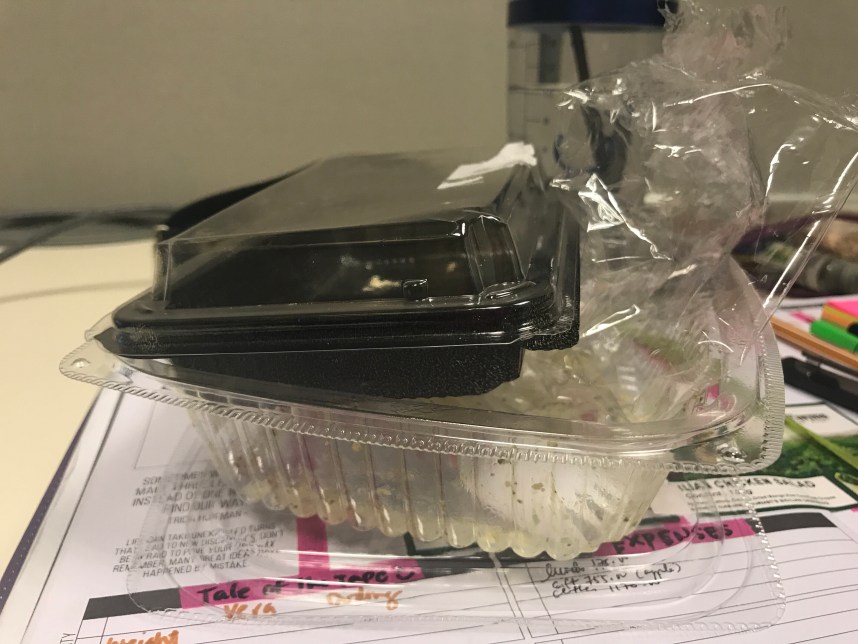Mothering Despite Your Mental Illness
Motherhood, though rewarding, isn’t an easy job. Moms must constantly find a way to balance their own needs with their children. Successful parenting requires the continual learning of how to efficiently manage your time and resources to support your children physically, mentally, and financially. This is something that all moms struggle with throughout their children’s lives. So, when you add mental illness to the mix, these troubles become more extreme.

Challenges of Parenting With a Mental Illness
There are a number of mental illnesses, each with their own set of symptoms that make mothering a challenge. Some women suffer from lack of energy, concentration issues, emotional highs and lows, sleep-deprivation, and isolation, making it difficult to be present as a mother should.
Imagine a mother with depression. She sometimes lacks the energy to even get out of bed, or the emotional willpower to interact with, comprehend, and understand her children. This, in turn, negatively impacts her relationship with her children and hinders her ability to properly parent. Without mom actively or emotionally present in their lives, children can suffer from issues ranging from language and development to physical and mental problems of their own.
Unfortunately, due to stigmas and societal expectations of women being the perfect mothers, most won’t speak up about their mental illness. Instead, they try to find the strength to keep going until it weighs on them. Their physical health declines and some even turn to substances to cope which results in them needing drug or alcohol detox treatment.
Tips for Parenting With Mental Illness
The good news is that while your physical and emotional wellbeing isn’t 100% at all times doesn’t mean that you can’t still be the best mom to your kids. Below are some tips to parenting with mental illness:
Be Honest With Your Kids
The first bit of advice would be to be as open and honest with your children as you can about your mental health. Leaving them in the dark causes confusion and even self-blame when mom doesn’t seem or act herself. Discuss what’s going on and how it makes you feel at times. Explain that mommy still loves you very much and is doing everything she can to take care of her health and your needs. Answer any questions they may have as well.
Stop Beating Yourself Up
Your mental illness causes symptoms that sometimes will make you unavailable to an effective mother to your children. You have to stop beating yourself up as if you’ve done something wrong. The guilt only worsens your mood and exacerbates your symptoms. Realize that mental illness can be managed and/or treated and that you’re doing the best you can.
Seek Treatment
Don’t hide your need for professional help when dealing with mental illness. This does not make you crazy, nor does it make you a bad mom. Not all mental illnesses can be cured with lifestyle changes alone. Sometimes you need medication and therapy to help you truly get past your issues. So, if you’ve been experiencing symptoms of mental illness, don’t hide and try to go it alone, talk to your doctor, a therapist, or a support group to get the assistance you need.
Rely on Your Village
Even with perfect health parents require a plethora of people to help them shape their children into outstanding people. Don’t be afraid to rely on this village now. Call on your parents, friends, extended-relatives, educators, community center directors, and religious leaders to help ensure that your kids have everything they need. Get them enrolled in activities that keep them occupied and in healthy environments, and ask for support with everything from transportation and meals to quality time and overnight stays.
Being a mother to your children while you struggle with mental illness will not be easy, but you can relieve a lot of the pressure and prevent a lot of problems. By being open with your kids, getting treatment, and relying on your village, you can create a healthy parent-child relationship and raise your children to be smart, happy, and healthy.









